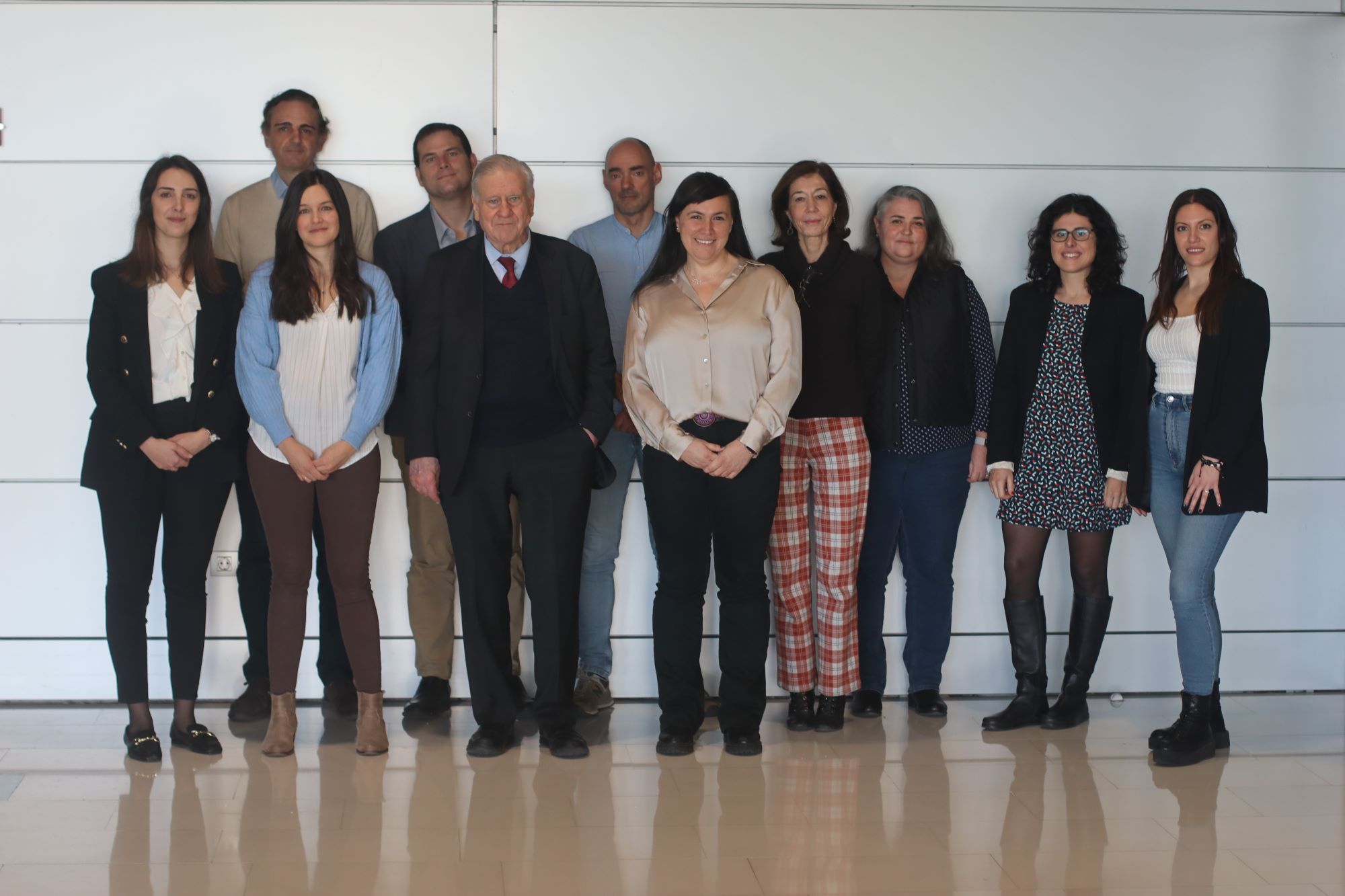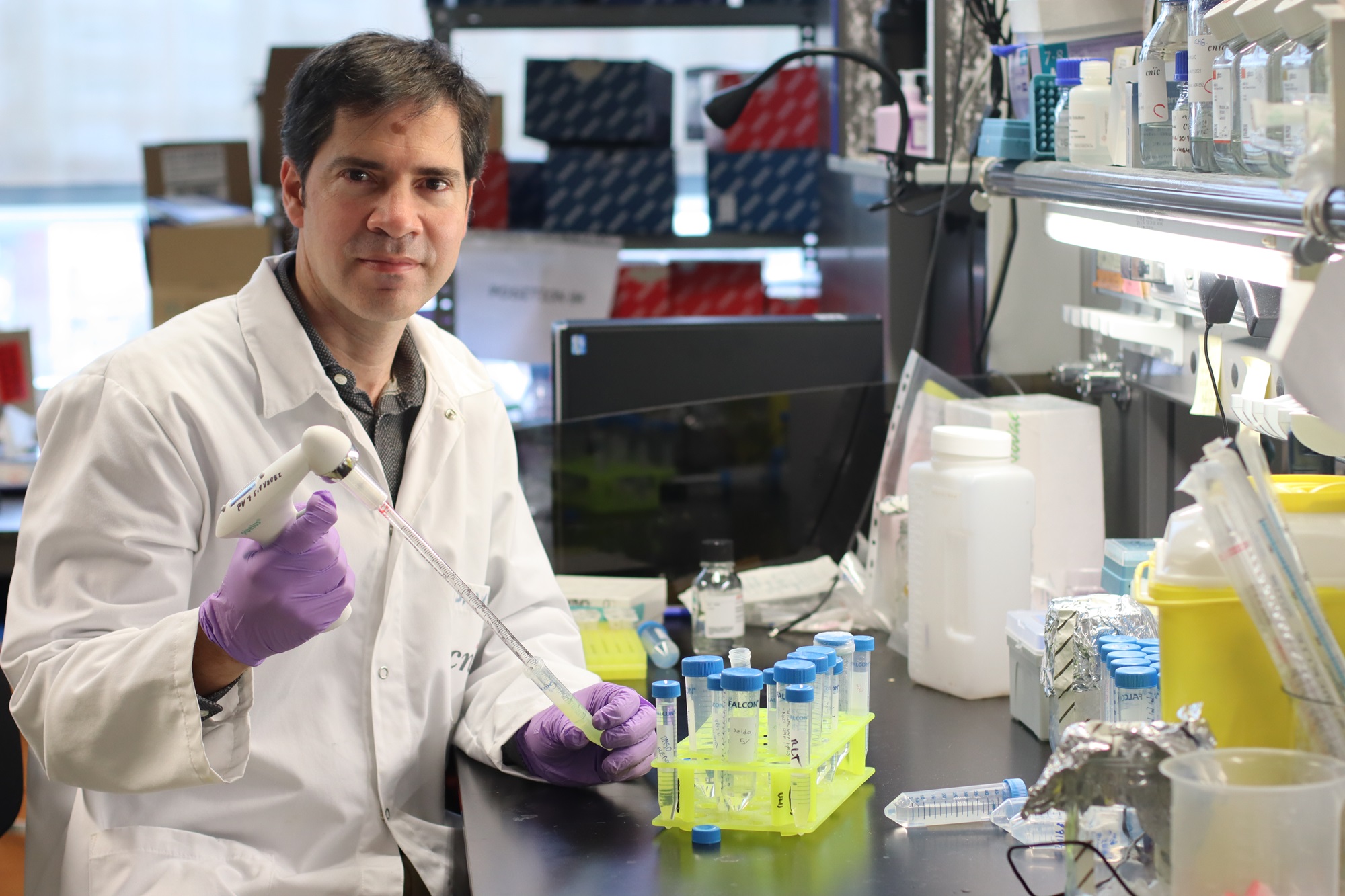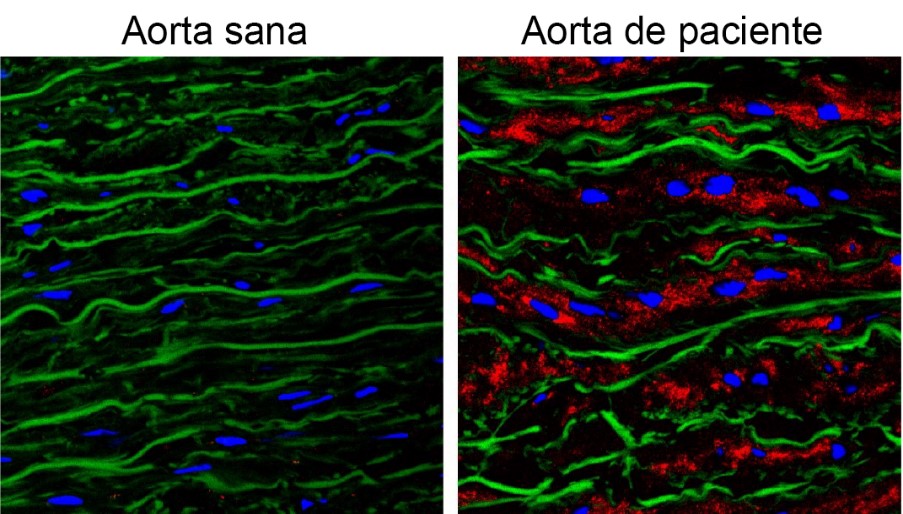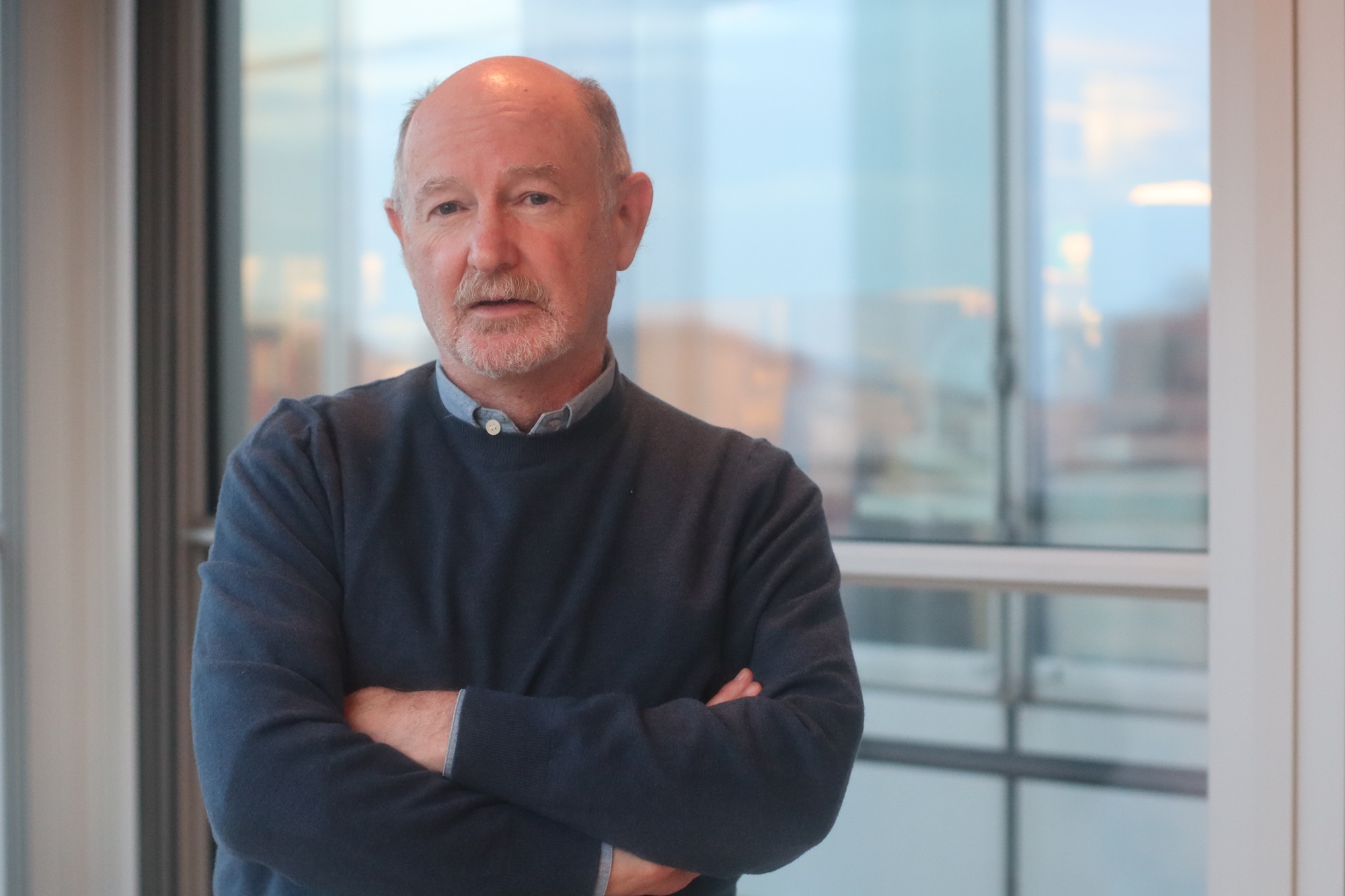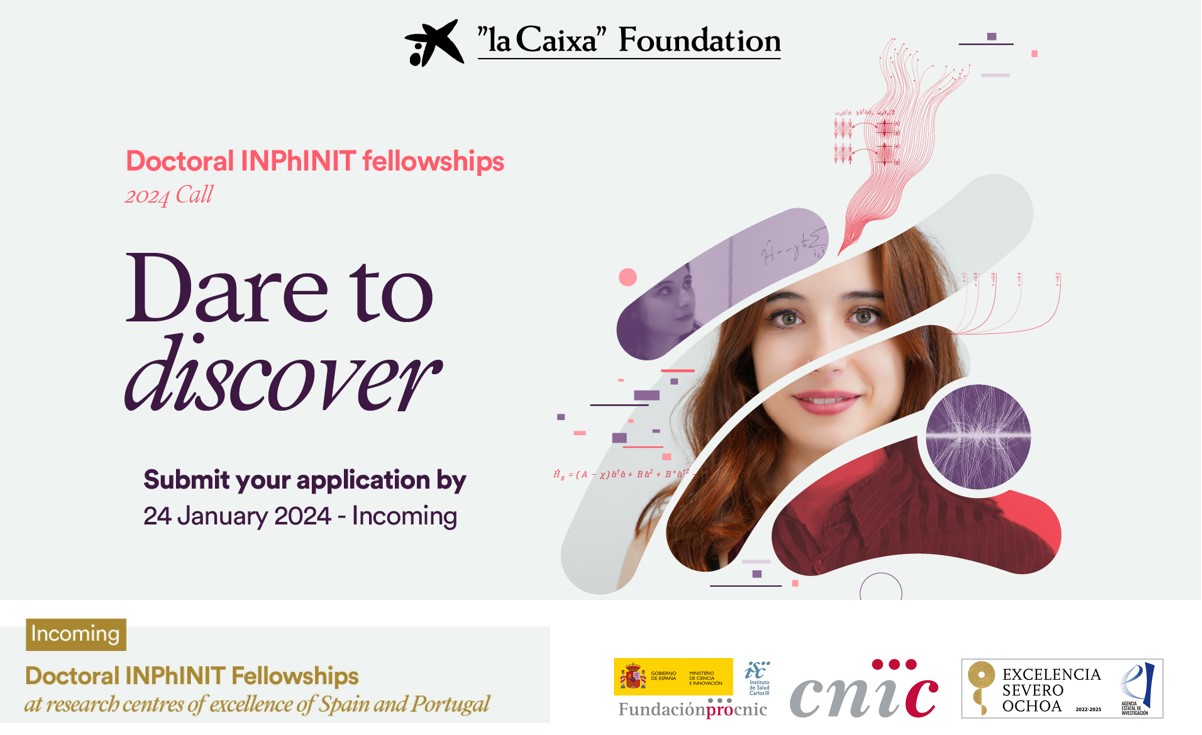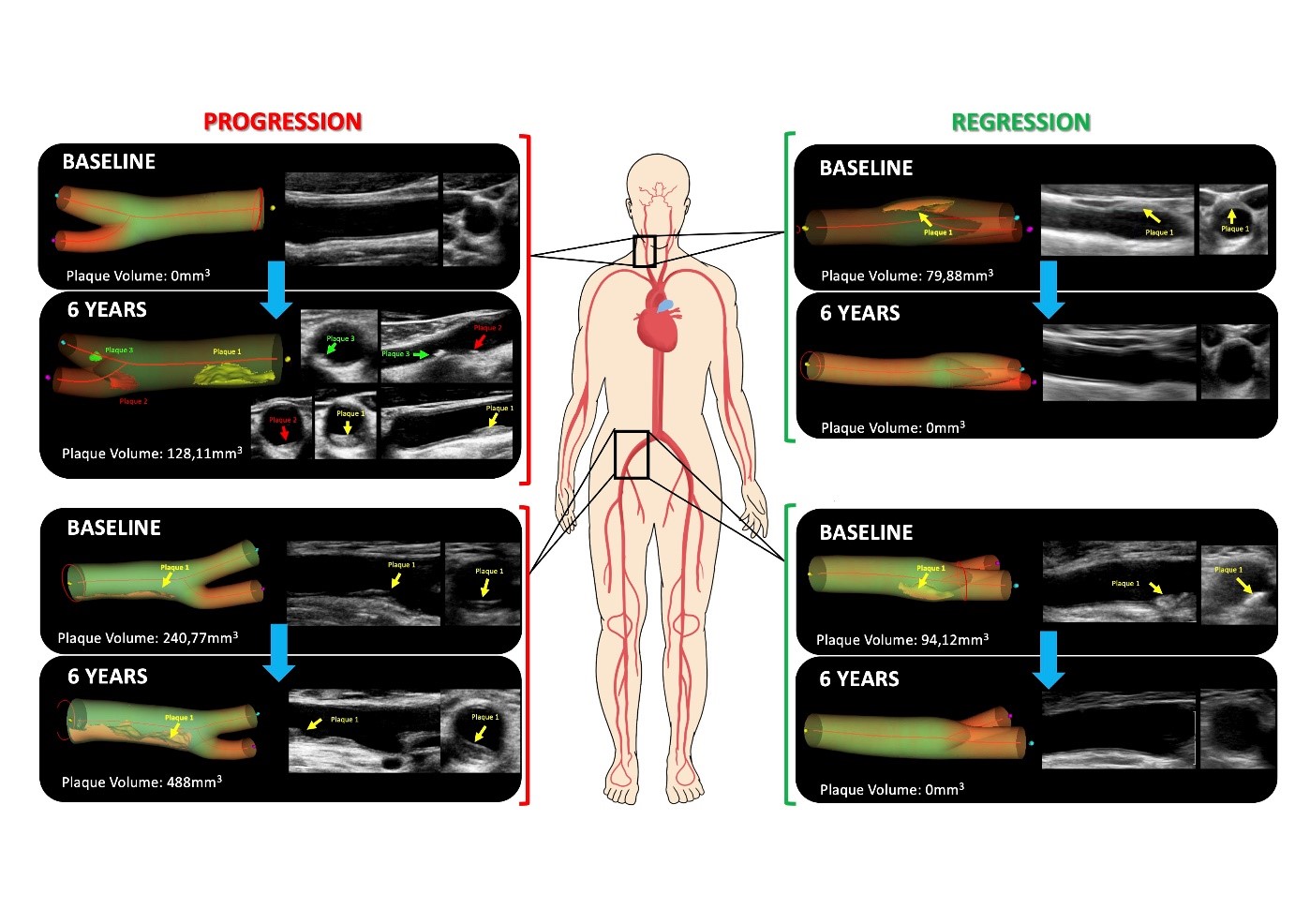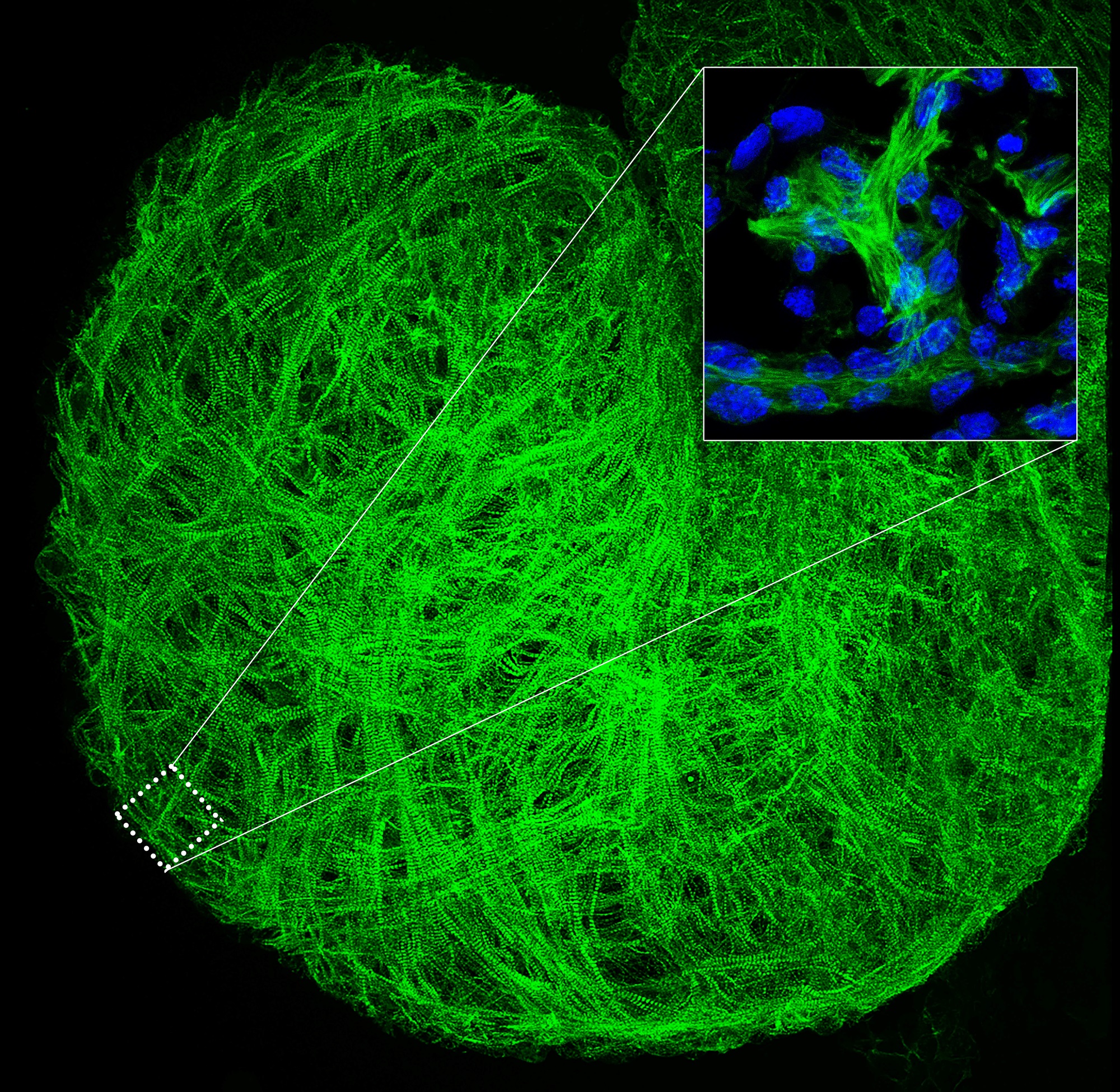News search
|
Research 23 Jan 2024 The most potent genetic risk factor for Alzheimer disease, APOE4, is associated with an elevated risk of developing subclinical atherosclerosis in middle age, whereas the Alzheimer-protective variant of the same gene, APOE2, protects against subclinical atherosclerosis |
|
About the CNIC 19 Jan 2024 The ImnovAth project seeks an innovative approach to treat atherosclerosis |
|
Research 3 Jan 2024 A team led by scientists at the CNIC and CSIC has found that accumulation of versican in the aortas of Marfan syndrome patients triggers the activation of the nitric oxide pathway through the activation of the the protein AKT |
|
About the CNIC 19 Dec 2023 Dr. Carla Rothlin is Dorys McConnell Duberg Professor of Immunobiology and Professor of Pharmacology at the Yale School of Medicine, and co-leader of the Cancer Immunology Programme at Yale Cancer Centre. She studied biochemistry and pharmacology at the University of Buenos Aires, where she also undertook her postgraduate research under the direction of Dr. Ana Belén Elgoyhen, focussing on nicotinic receptors expressed in the inner ear. Later, she completed her doctorate and moved to San Diego to join Dr. Greg Lemke’s laboratory at the Salk Institute for Biological Studies. In 2009, Dr. Rothlin was named Assistant Professor in Immunobiology at Yale Medical School |
|
About the CNIC 30 Nov 2023 |
|
Research 20 Nov 2023 Atherosclerosis, previously believed to be an irreversible progressive disease, can be reversed if risk factors are contolled early enough |
|
Research 10 Nov 2023 Neuregulin-1 (Nrg1) plays an essential role in the transformation of the heart from its delicate primordial structure into the powerful beating mature organ |
- ‹ previous
- 2 of 39
- next ›
